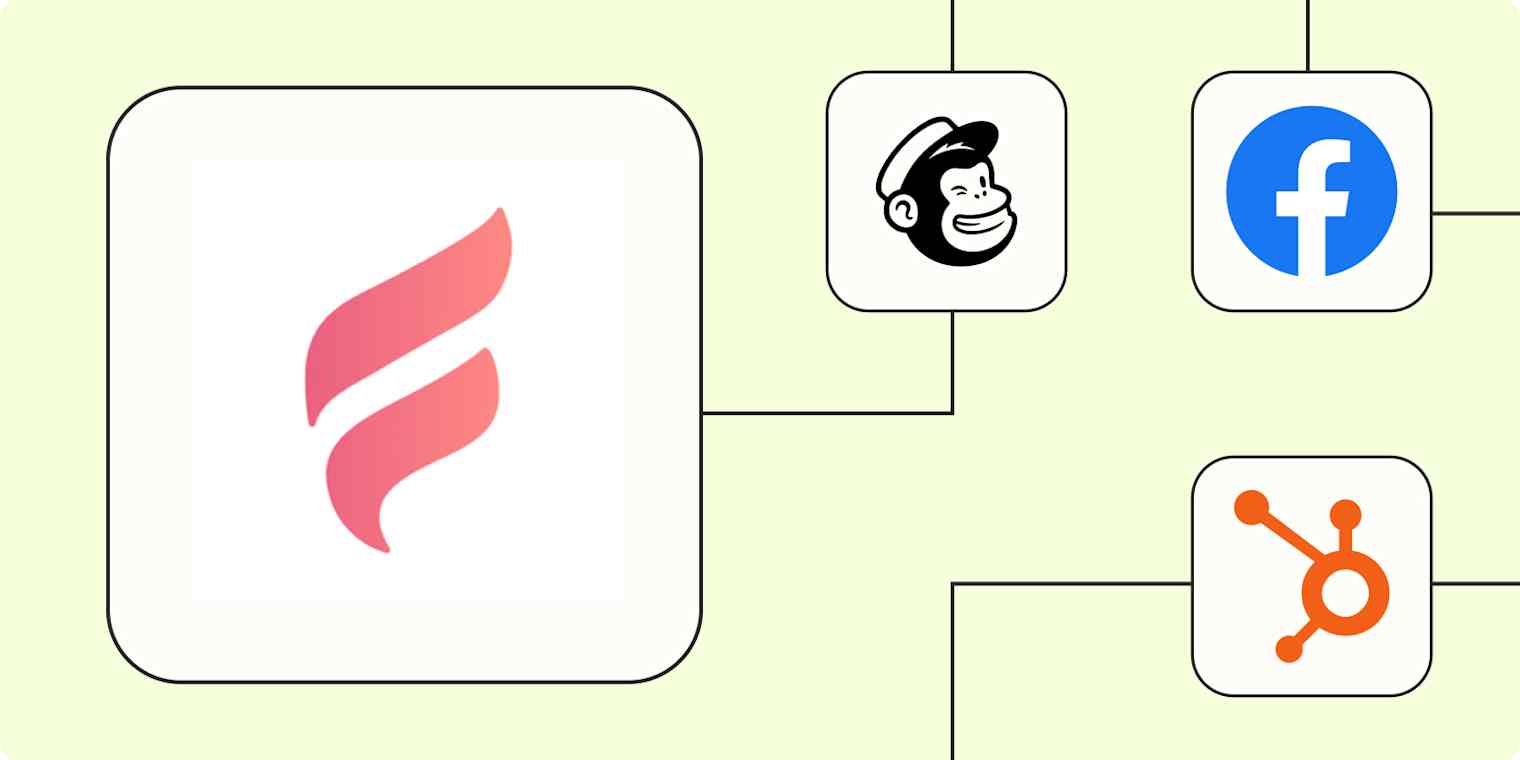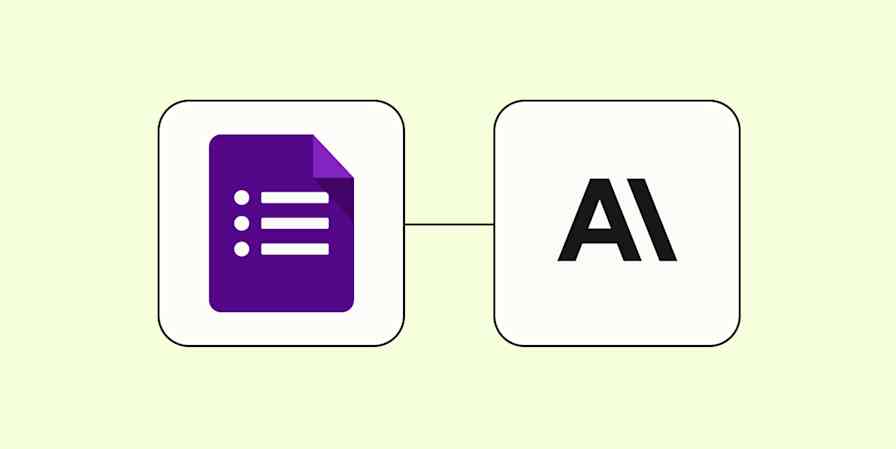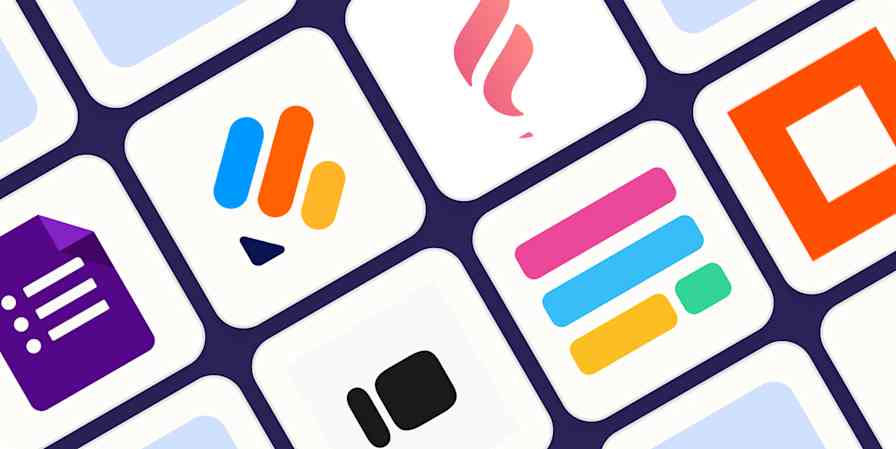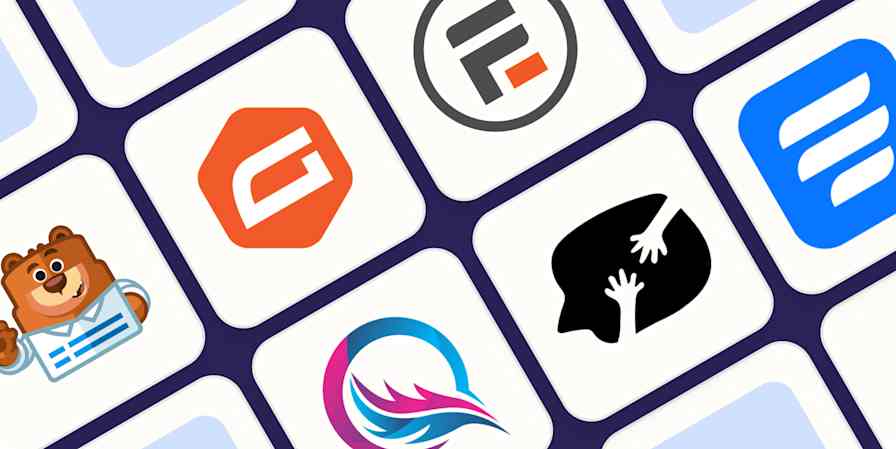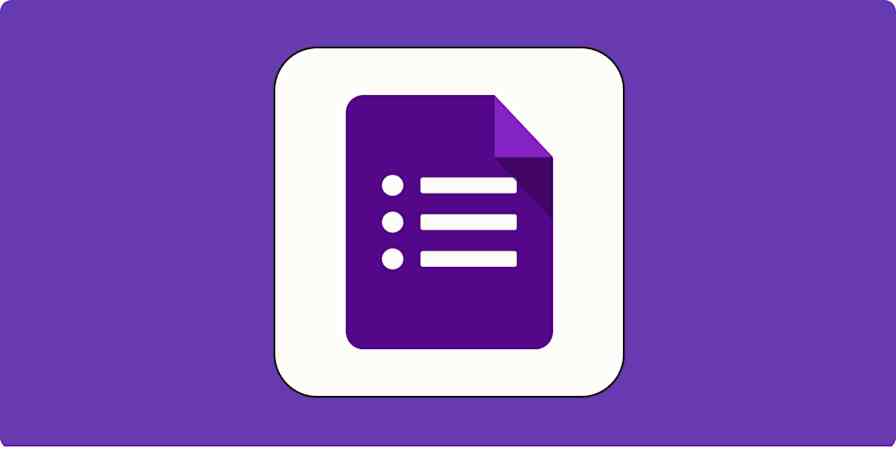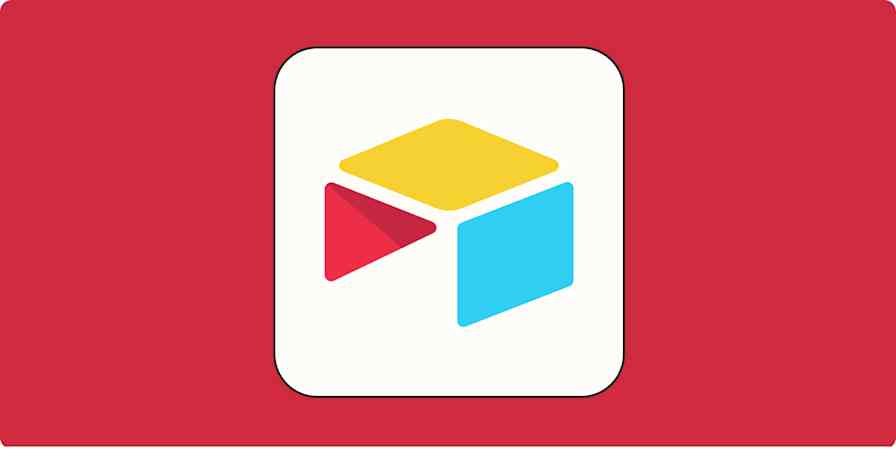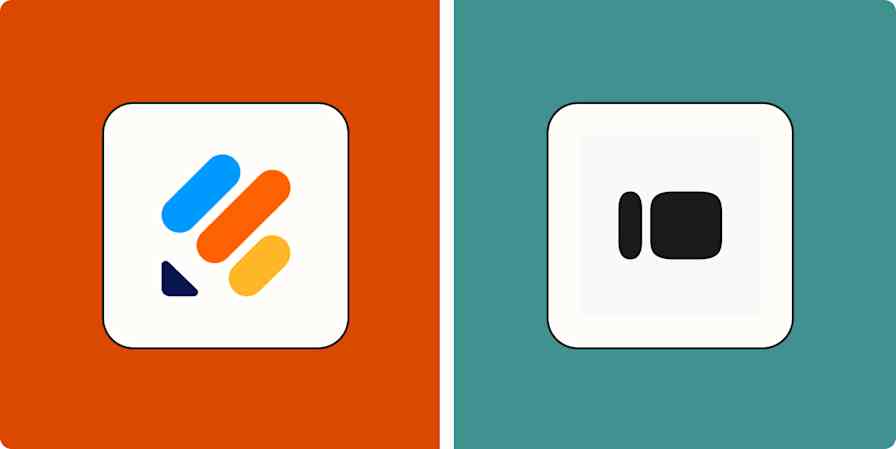There's no shortage of form builders on the market. But among the crowded landscape, Feathery, a no-code form builder, stands out. Catered to enterprise users and big brands, you can create forms from professional templates, use natural language to build from scratch, and apply advanced logic capabilities.
Once in the wild, your Feathery forms can collect all sorts of data—from product feedback to prospects' contact information. But you still need a plan for what happens after a user hits Submit. If responses just sit in a dashboard, they're basically useless. The real impact comes from what happens next: how that data moves across your systems, who sees it, and how quickly your team can act on it.
That's where automation comes in. With Zapier's automated workflows (called Zaps), you can connect Feathery with the rest of your work tools and get that information where it needs to go—automatically. Here are a few ways to get started.
Zapier is the most connected AI orchestration platform—integrating with thousands of apps from partners like Google, Salesforce, and Microsoft. Use interfaces, data tables, and logic to build secure, automated, AI-powered systems for your business-critical workflows across your organization's technology stack. Learn more.
Table of contents
To get started with a Zap template—what we call our pre-made workflows—just click on the button. It only takes a few minutes to set up. You can read more about setting up Zaps here.
Get notifications for new form submissions
When a prospect reaches out through a form or a teammate submits product feedback, you can't afford to let it sit idle in a dashboard. In fast-moving teams, missing a form submission can mean lost revenue, delaying support, or stalling a key decision. But monitoring form responses manually (or relying on someone else to flag them) just doesn't scale.
Instead of remembering to check Feathery multiple times a day, you can use automation to get notified the moment a form is submitted. That way, you can keep your workflows moving without the extra back-and-forth. These Zaps will send real-time notifications directly to the tools your team already lives in, like email or Slack, so everyone stays in the loop.
Send emails in Microsoft Outlook from new form completions in Feathery
Send emails in Gmail for new Feathery form completions
Send Slack channel messages when new data is received in Feathery
Send lead information to your ads tools
Do you use forms to capture leads? Whether you embed them on your website or in your email, forms are a great way to capture prospects from any stage of the sales funnel.
But when they do fill out a form, you want to add them to your ad campaigns (think Facebook or Google Ads) straight away—while they're still warm. Plus, if a lead fails to convert, adding them to a retargeting campaign can get them back on board.
But doing so manually isn't exactly conducive to efficiency. Instead, you can use these Zaps to send lead data straight to specific audiences in your favorite ad tools.
Add new Feathery form completions to Google Ads contact list
Add new Feathery form submissions to a LinkedIn Ads audience
Add new Feathery form submissions to Facebook Custom Audiences
Subscribe contacts to your newsletter
Ad campaigns aren't your only means of nurturing leads. Sending your target audience regular newsletters helps you increase your customer base by reaching a wide group of people, including the folks who haven't converted yet.
Adding automation into the mix can be a real game changer here. These Zaps pull the lead information from your forms—and auto-populates it into your email newsletter tools in real time. That way, you can start nurturing (or recapturing interest!) right away.
Create subscribers in Mailchimp from new Feathery form submissions
Create ActiveCampaign subscribers from new Feathery form submissions
Update Brevo contacts from new Feathery form completions
Create Klaviyo subscribers from new Feathery form submissions
Add incoming leads to your CRM
Oftentimes, a CRM is your business's single source of truth when it comes to prospects. And not just for logging your lead's contact information but also for each engagement your sales team has with leads—including the reason your prospects have for reaching out to you via a form.
With these workflows, Zapier will send that form context straight to your CRM directly from Feathery (including any Notes fields they've filled out). This ensures your sales team has all the most up-to-date context around a specific deal or lead and can take the appropriate action from there.
Create Zoho CRM entries from new Feathery form completions
Create new HubSpot deals every time forms are completed in Feathery
Create new HubSpot submissions from received Feathery data
If you want your form information formatted slightly differently in your CRM, AI can help bridge the gap. Zapier can automatically pass your Feathery form responses through ChatGPT or AI by Zapier. Those tools will then scan each form submission and pull out key details or generate a quick summary (however you want to present this information). Zapier then pushes those AI notes straight to your CRM—no more overwhelming your sales team with massive walls of text. After all, reps usually only have time to skim quick recaps before hopping on a call, so keeping things short, scannable, and scalable is always the right move.
Create HubSpot deals with AI summaries of Feathery form submissions
Summarize Feathery form submissions with AI by Zapier and add to Pipedrive
Create tickets from support forms
Customer support teams have a lot on their plate. That's why most businesses ask customers to first fill out forms if they're experiencing an issue with their product or service.
That way, they can review the issue, carry out any initial troubleshooting, or route the problem to the right product team before they reach back out.
This is where automation can once again save the day (or at least keep your customer happy). These Zaps will automatically create tickets in your customer support tools (think Jira or Zendesk) based on the information your customers submit.
You could even add an AI step to add extra context to each ticket in the form of acceptance criteria. You could add extra requirements, clear instructions, and anything else you think your support teams should know.
Create Zendesk tickets from new Feathery form completions
Create new Jira Service Management requests from completed Feathery forms
Update and manage Intercom users when new data is received in Feathery
Add acceptance criteria as comments to new issues in Jira using OpenAI
Track and log form submissions
Need a way to track each and every form submission you receive from clients? Whether you want to keep a running log for other teams to access or a private record of all your form submissions, these workflows have got you covered.
You can automatically send new forms straight to a spreadsheet or your Google Drive, without having to resort to manually copying and pasting.
Add new Feathery form responses to Google Sheets rows
Create new SQL Server rows from newly completed Feathery forms
Create Dropbox text files from new Feathery form submissions
Take your forms to the next level with Feathery and Zapier
No matter how you use Feathery to build forms—from capturing leads to solving product issues—these processes have many moving parts.
With a few automatic workflows, you can easily streamline your processes from start to finish. Whether you're automatically logging forms in a database or subscribing new leads to your newsletter, Zapier orchestrates it all seamlessly—turning scattered tasks into a coordinated, cohesive system.
And this is just the start of what you can do with Feathery and Zapier. What will you automate first?
Related reading:
This article was originally published in March 2024. It was most recently updated in July 2025.
